|
I’ve always known bees are important to our ecosystem, though it didn’t really hit home until the Almond Board of California invited me as part of a group of dietitians up to Lodi, California to learn more about almond farming. After that trip, I signed up for a beekeeping class at San Francisco Honey & Pollen Company, which left me incredibly inspired to help the bees in any way possible. The following Spring I set out to home my own honey bee hive. When I received my hive, the beekeeper and I were chatting and he said something along these lines: “Wait, so you’re allergic to bees AND you don’t really like honey? Why are you getting a hive?” Me: to help save the bees and the food industry!! Little did I know that I actually do like honey, I just hadn’t had much exposure to it until I became a beekeeper myself (sounds silly, but it’s true!). And let me tell you, fresh honey is on the next level of deliciousness. The more I learned about bees, the more I discovered just how fascinating they are. For instance when a bee finds a good source of nectar or pollen, she returns home and tells her fellow bees by doing the “waggle dance.” The different movements of the dance indicate the direction and distance of the source so that the other bees can go there too. You can watch a clip of this adorable dance through the Smithsonian Channel. Here are some photos of my first hive and honey collection! Why the concern for bees? Bees are responsible for pollinating over a third of the food we eat. Can’t live without your morning cup of coffee? Bees pollinate your beans. Love fresh cherries in the summer? Bees pollinate your fruit. Are almonds your go to snack? Bees pollinate your nuts. When we really start thinking about our favorite foods, bees are at the heart of their production, pollinating over 90 different crops. Unfortunately, bee hives, particularly honey bee hives, have been declining for many years. Causes include fungal pathogens (read more here), pesticides, losing their habitat when rural environments turn urban, and from new threats like the Murder Hornet. Climate change is also causing some flowers that bees feed on to bloom and die too early while bees are still in hibernation for the winter. This means less food and nutrition for bees when they are looking for it. With bees disappearing, this puts our agricultural systems in a bind too. Domestic and wild bees really need our help! How can we help the bees? For the month of September, also known as National Honey Month, the National Honey Board (NHB) is celebrating bees and all that they do for the world. NHB has teamed up with Kashi, Justin’s and Frönen for their Honey Saves Hives program, which helps raise money for honey bee research. These companies will make a donation every time you purchase these select made-with-honey products:
Donations will go directly to bee health research organizations, including Project Apis m., the largest honey bee non-profit in the U.S. which researches ways to help honey bee colonies and improve crop production
Supporting these products means supporting beekeepers and their efforts to keep bees healthy! #HoneySavesHives #NationalHoneyMonth Wishing you well, Maxine
1 Comment
11/16/2022 09:29:05 am
Guess media politics big certainly.
Reply
Leave a Reply. |
Maxine Yeung
|
|
©2013-2024 The Wellness Whisk, LLC. Information provided here is not meant to diagnose or treat any health condition or override any information presented by your individual medical providers. Please use your judgement and take a personalized and sensible approach to your health. All rights reserved.
|

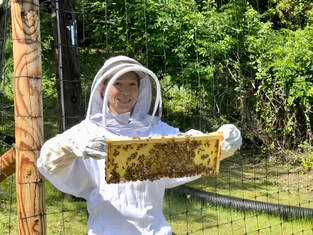
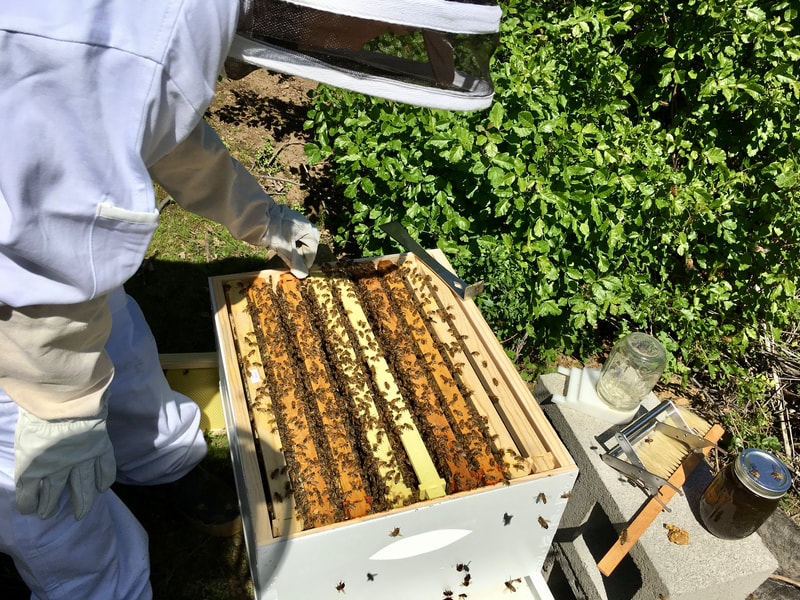
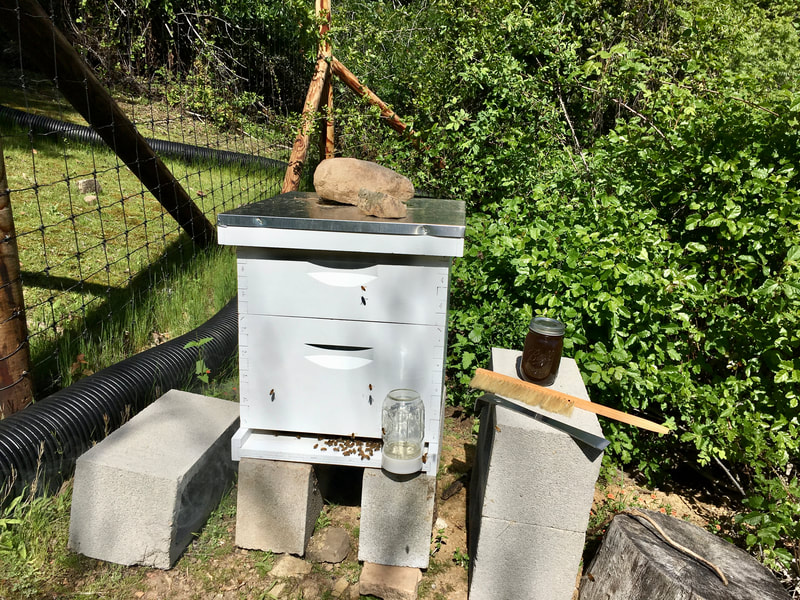
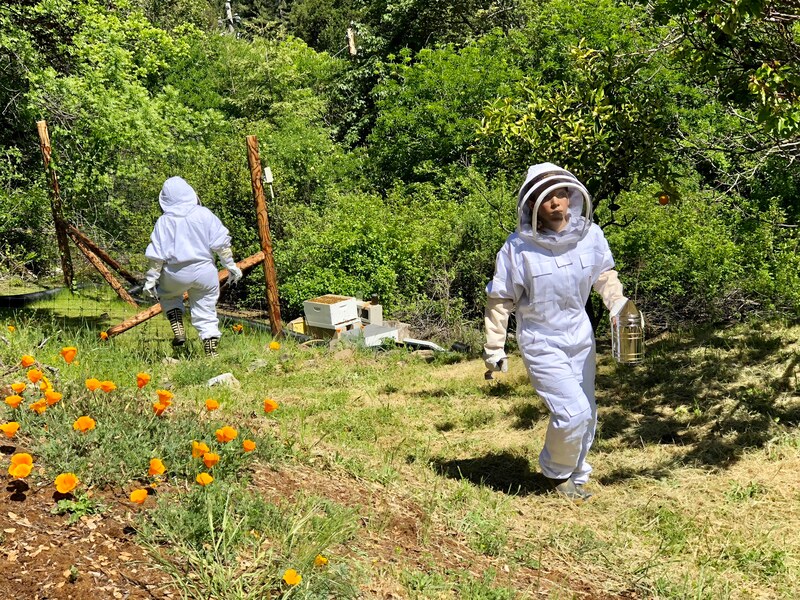
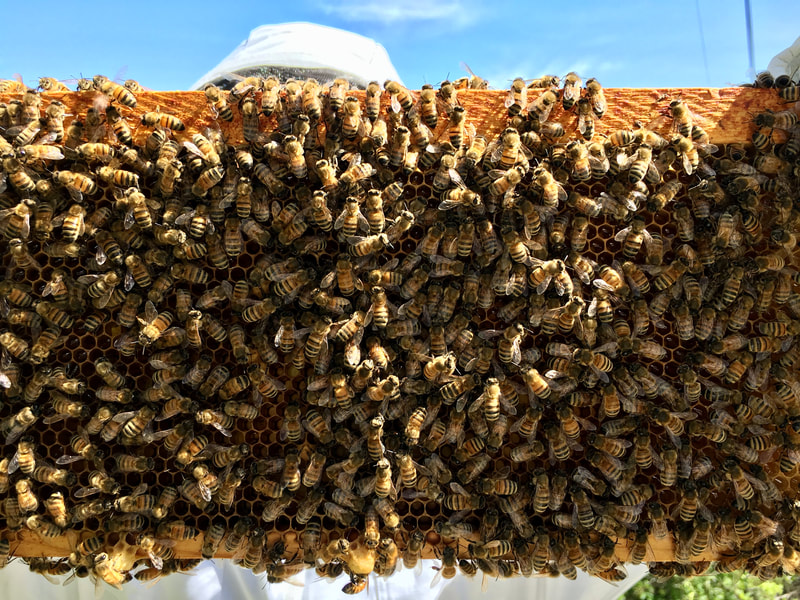
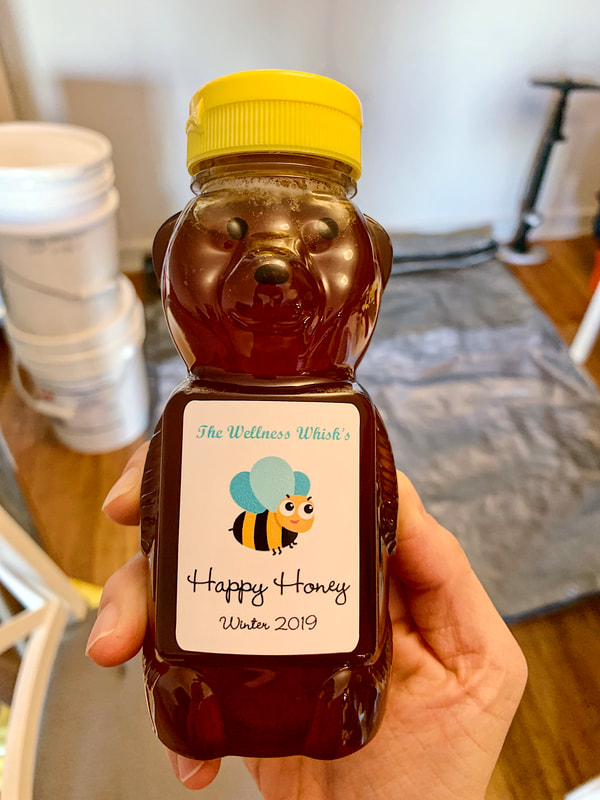
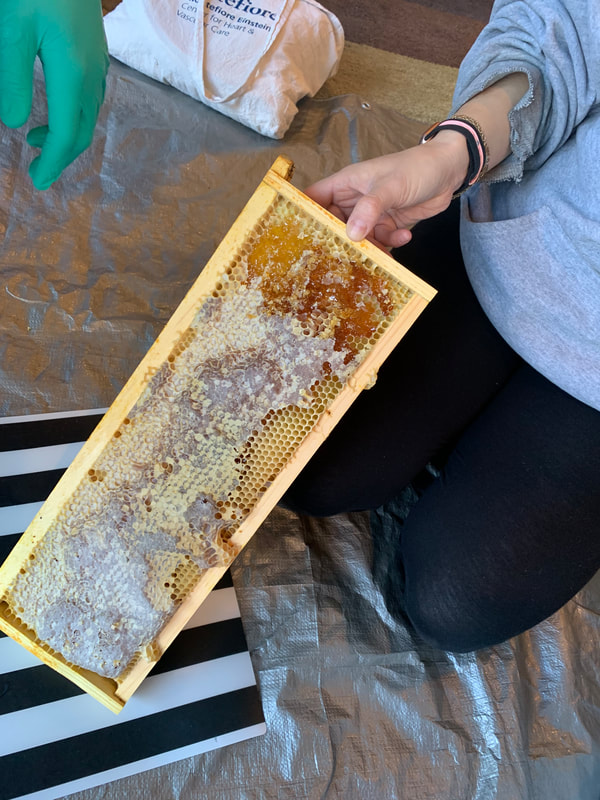
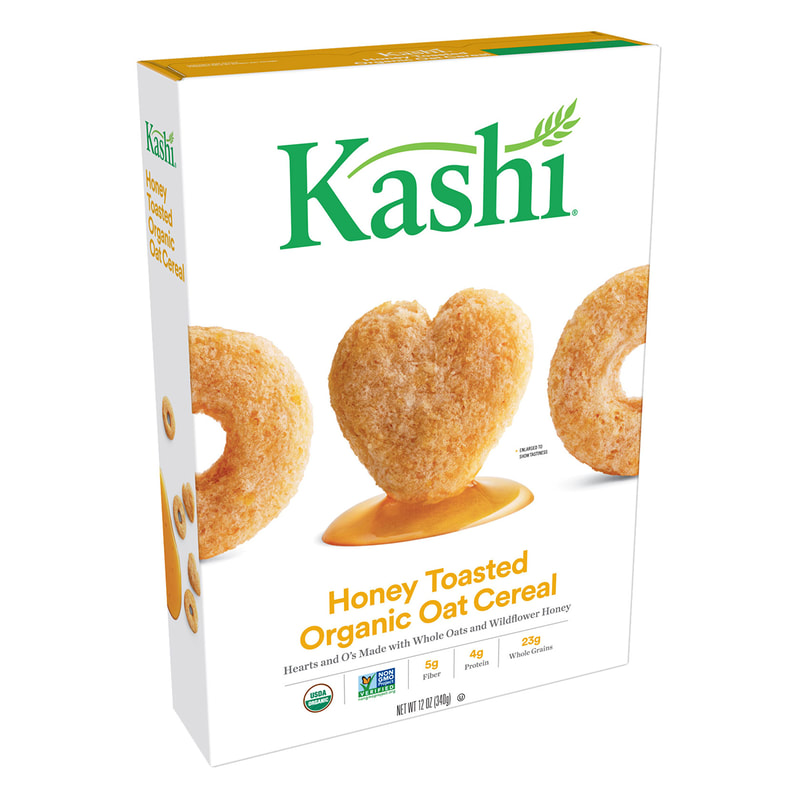
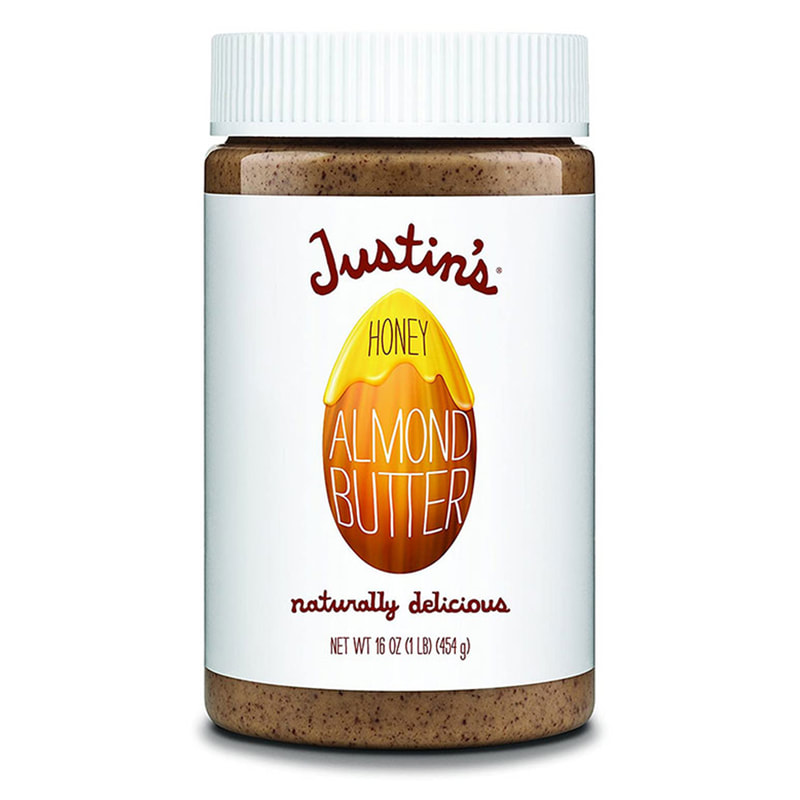
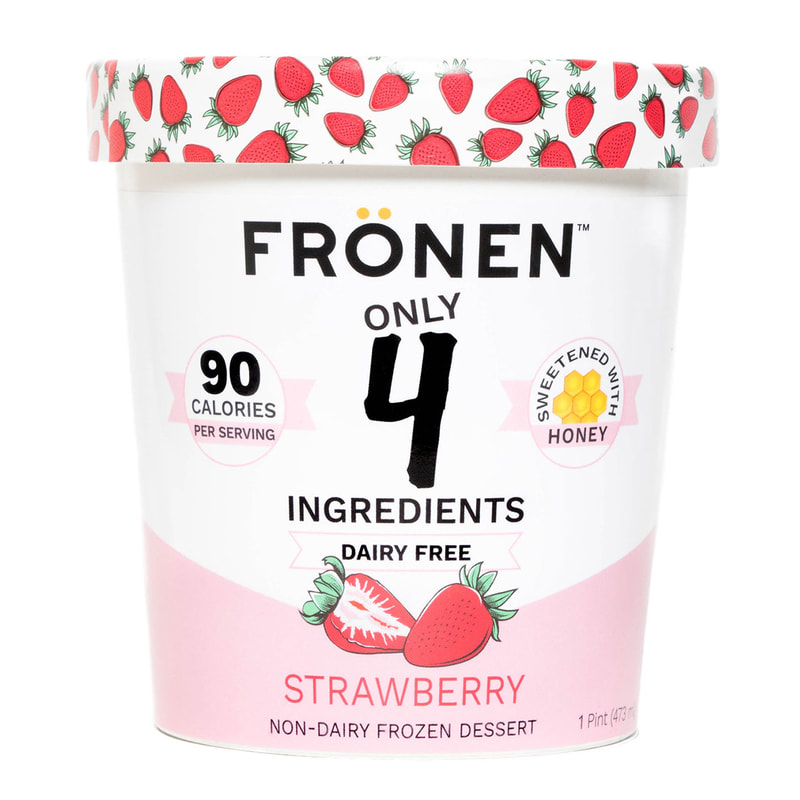
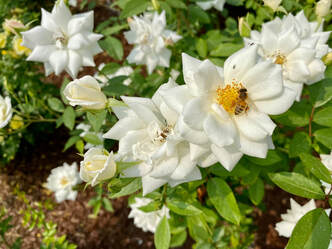
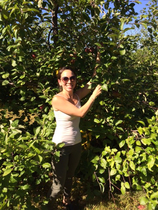
 RSS Feed
RSS Feed